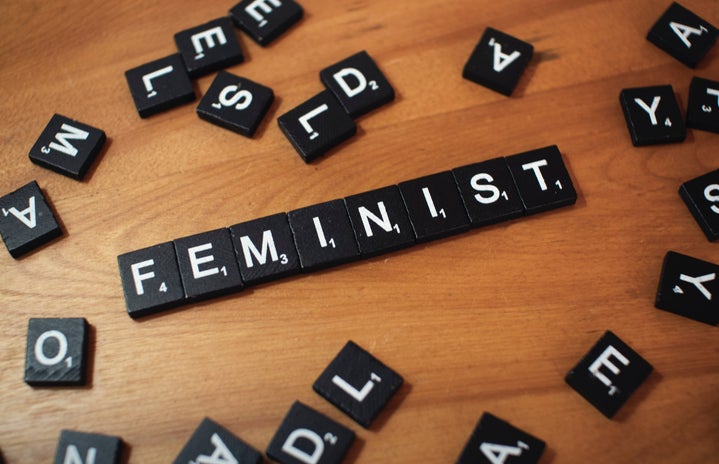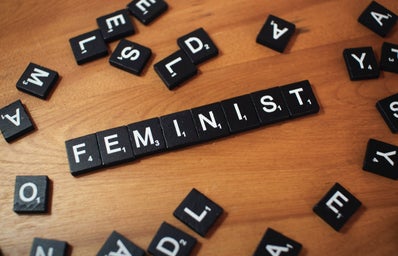Author: Marta Symkowick
Sleep schedules are becoming normalized, heavy backpacks are appearing in corridors, and studying students are filling the formerly vacant library. The spring semester has begun. And with the start of classes comes the end of the luxurious concept of free time. Juggling studies, athletics, relationships, and self-care, we students are forced to prioritize. Personally, as my life becomes increasingly busy, I find myself becoming more disconnected from the outside world.
Increasingly, I have been turning to poetry to help pop this bubble. As I learned in my feminist poetry movement class last semester, poetry is accessible. Poetry creates a shared space through which the “personal becomes political.” Poetry has spurred movements.
Here are some poems that I believe are currently timely that I hope to offer an opportunity for personal connection or education. Although I often did not completely share the identity of the speaker, these poems personally resonated with me. I should also note that I discovered most of the poems in my second-wave feminist poetry movement class, so they were written during that time.
- The first poem is in honor of Black History Month. Written by Sonia Sanchez in 1995, “This is Not a Small Voice” celebrates the power of Black voices and communities. It recognizes the resilience of Black people in the face of racism and oppression.
- The second poem is Judy Grahn’s “A Woman is Talking to Death,” written in 1974. I chose the piece to help reflect on the passing of the Parental Rights in Education bill by the Florida Senate Education Committee on February 9. Dubbed the “Don’t Say Gay” bill by opposers, it would prevent school districts from supporting classroom discussions about sexual orientation or gender identity. It also allows parents to sue school districts that do not comply.
“A Woman is Talking to Death” explores the oppression that comes with being a lesbian at the time. I should warn that this poem is a long one. But, if you have the time, it is worth the read.
- The third poem was chosen in response to the Supreme Court’s upholding of Texas’s six-week abortion ban, the nation’s most restrictive abortion law. Written by Lucile Clifton in 1987, “The Lost Baby Poem” explores the complexity of abortion, reflecting on the sorrow of a mother who has just lost a potential child.
- Written in 1995, Mary Oliver’s “Lead” falls under a new category of poetry called ecopoetics, focused on the negative effects of global warming. Many different current events led me to explore this subset of poetry including the increasing snowstorms the Northeast is experiencing.
- The final poem is Cerrie Moraga’s “The Welder.” The poem provides hope for the future. It hints that although the world is divided people with different identities still have the power to unite and change it for the better.
I hope you enjoy the poems!

